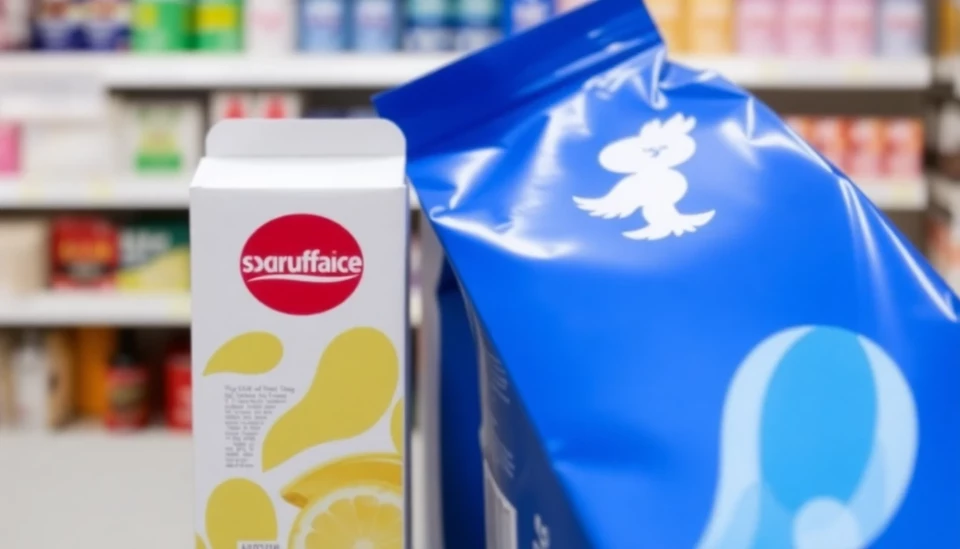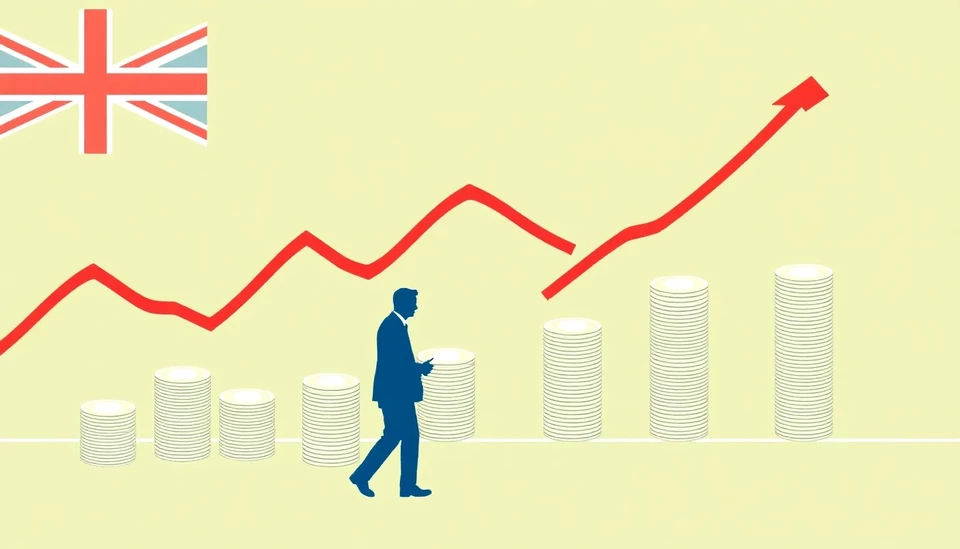
Recent findings from a Bank of England survey indicate that new packaging regulations may significantly push up inflation rates in the UK. As the government prepares to implement stricter environmental guidelines aimed at reducing plastic waste and promoting sustainability, businesses are expressing concerns over the potential economic repercussions of these changes.
The upcoming rules are designed to encourage companies to reconsider their packaging materials and processes. However, many businesses fear that the associated costs of compliance—such as investment in new materials, production methods, and supply chain adjustments—will be substantial. This could ultimately lead to an increase in prices for consumers as businesses pass on the higher costs.
According to the survey, 59% of respondents expect these regulations to contribute to rising inflation. This is concerning as the UK has already been grappling with high inflation rates, which are affecting the cost of living for many households.
The Bank of England specifically highlighted that industries heavily reliant on packaging, such as food and beverage, consumer goods, and e-commerce, are expected to be particularly hard-hit. With many companies already struggling with the economic fallout from the pandemic and ongoing supply chain disruptions, these new regulations may create further financial strain.
In response to the government’s environmental initiatives, some firms are exploring alternative packaging solutions, such as biodegradable materials or reusable containers. However, these options often come with a higher price tag, thereby exacerbating concerns over inflation.
The Bank of England's findings have sparked a broader debate about the balance between environmental sustainability and economic stability. Policymakers and business leaders are now faced with the challenge of designing regulations that effectively reduce environmental impact while minimizing financial burdens on both companies and consumers.
As the situation develops, stakeholders will be closely monitoring the economic landscape to assess whether these packaging regulations will indeed lead to the feared inflationary pressures. With the impending changes, businesses will need to adapt quickly, and consumers may need to brace for an increase in prices as the new rules take effect.
The implications of these changes are poised to affect not just the immediate economic situation but also the long-term sustainability efforts in the UK. As the government pushes for greener practices across various sectors, finding that sweet spot between cost and environmental responsibility remains a pivotal issue.
In conclusion, the upcoming packaging regulations might be a double-edged sword. While the intent is to promote a more sustainable future, the initial economic impact raises pressing questions about the real costs of such initiatives in a post-pandemic world struggling with inflation.
#BankOfEngland #Inflation #PackagingRegulations #Sustainability #UKEconomy #ConsumerPrices #EnvironmentalImpact #EconomicPolicy
Author: Laura Mitchell




